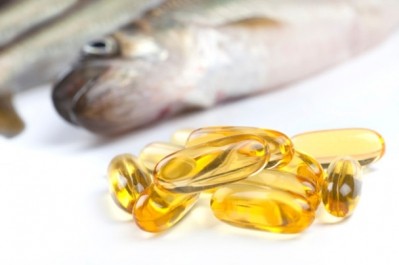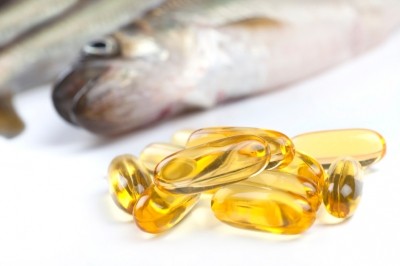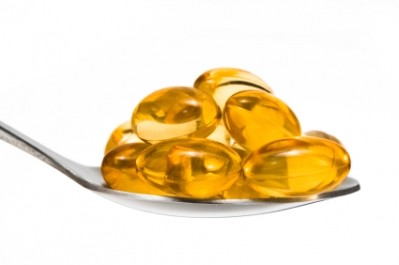Omega-3 linked to lower levels of inflammation
Writing in the European Journal of Clinical Nutrition, researchers from the University of Newcastle in New South Wales report that levels of C-reactive protein (CRP), a marker of inflammation and reported to be an independent predictor of cardiovascular-related events, are inversely related to blood levels of DHA (docosahexaenoic acid) and EPA (eicosapentaenoic acid).
“The importance of this study is such that individuals with higher plasma high sensitivity-CRP (>3.0 mg/l) concentration according to risk cut points, have significantly lower plasma n-3 fatty acids,” wrote the researchers, led by Professor Manohar Garg.
“Given that n-3 fatty acids is cardioprotective, this inverse correlation with hs-CRP, a surrogate marker of CVD risk, could represent a possible mechanism by which n-3 fatty acids are involved in CVD risk reduction.”
Omega-3 fatty acids, most notably docosahexaenoic acid (DHA) and EPA (eicosapentaenoic acid), have been linked to a wide-range of health benefits, including reduced risk of cardiovascular disease (CVD) and certain cancers, good development of a baby during pregnancy, joint health, and improved behaviour and mood.
Study details
Professor Garg and his co-workers examined omega-3 fatty acids and CRP levels in the plasma of 124 free-living adults (average age 47.7, average BMI 29.8 kg/m2). Participants were divided into three groups depending on their CRP levels (<1.0, 1.0–3.0, and >3.0 mg/l).
Negative relationships between hs-CRP levels and total omega-3, EPA, and DHA levels were observed, with hs-CRP levels over 3.0 mg/l associated with significantly reduced concentrations of total n-3 fatty acids, EPA and DPA.
“We report that plasma n-3 fatty acids concentration is inversely correlated with hs-CRP in healthy individuals, when stratified into tertiles representing CVD risk cut points,” wrote the researchers.
Findings from this study support previous observations that n-3 fatty acids may improve cardiovascular health in healthy individuals," they concluded.
Source: European Journal of Clinical Nutrition Published online ahead of print, doi:10.1038/ejcn.2009.20"An inverse relationship between plasma n-3 fatty acids and C-reactive protein in healthy individuals" Authors: M A Micallef, I A Munro and M L Garg















